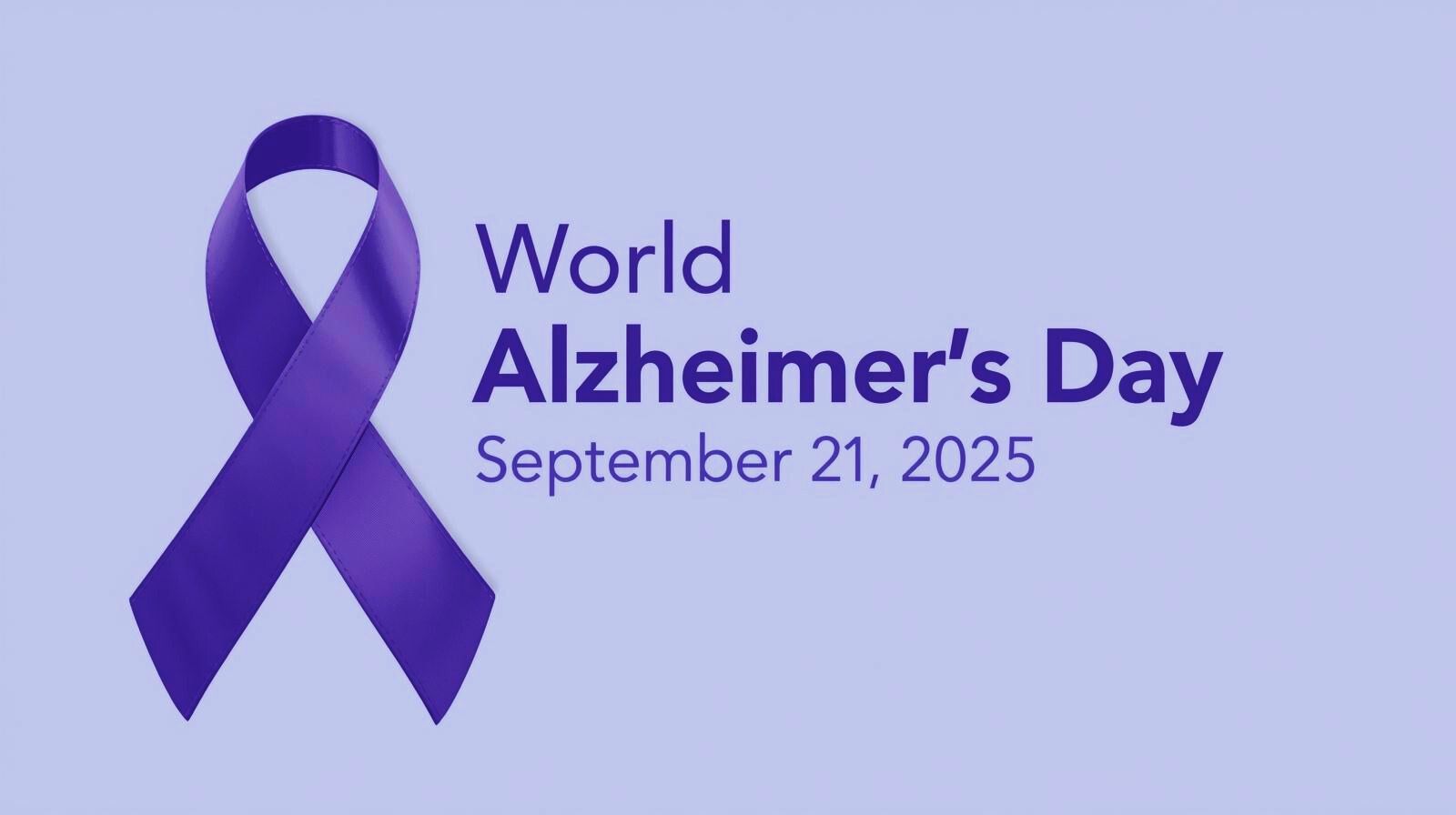Friends for life

Humans are intensely social animals. Many aspects of our day-to-day lives are shaped by the people around us and research shows that the quality of our relationships has a huge impact on our overall health.
In this blog, we’ll look at the ways in which strong social connections have been proven to benefit your health and longevity, and the harmful impact of loneliness and social isolation. We’ll also discuss what makes a friendship valuable and whether it's the quantity or quality of friends that matter most, before outlining some ways you may be able to strengthen your social network for this month’s longevity challenge.
The benefits of friendship
People who have good social support tend to have lower blood pressure, smaller waistlines and lower levels of inflammation. [1] A large meta-analysis found that having a strong and active social life at any age decreased the risk of death by 91%, equivalent to giving up smoking 15 cigarettes a day! [2]
Maintaining strong friendships is also hugely important for mental health and wellbeing. The first evidence for this link was published in 1930 [3] and since then a wealth of evidence has demonstrated how happiness and life satisfaction are strongly correlated with how socially active and supported you are. [4] Studies show that cultivating friendship can acutely reduce levels of cortisol (the stress hormone) [5] and that strong social relationships act as a ‘stress buffer’, meaning they can dampen the harmful impact of negative events. [6]
The dangers of loneliness and isolation
As you may expect, the reverse is also true. Just as social contact maintains healthy wellbeing, loneliness and isolation cause a plethora of harmful effects, particularly on hormone balance and cognitive functions such as reasoning and memory. [7] A lack of social connection almost doubles the risk of Alzheimer’s disease, [8] and increases the risk of heart disease and stroke by 19% and 32%, respectively. [9, 10] Collectively, these effects mean that loneliness can reduce life expectancy by 15 years. [11]
Lack of social connection is a growing problem in the modern world. The US Surgeon General recently warned of an ‘Epidemic of Loneliness and Isolation’, in light of research showing that roughly half of Americans reported feeling disconnected, even before the Covid pandemic. [12] In recent years, both Japan and the UK have appointed Ministers for Loneliness to combat this issue. Social isolation and loneliness are not just problems of the elderly; this loneliness epidemic appears to be affecting groups of all ages, [13] with some studies even suggesting those aged 22 and below are most at risk. [14]
What makes a good friendship?
The question of what makes a friendship valuable is by no means a recent one. Aristotle examined the topic in Ancient Greece, concluding that “Utility, Pleasure and Virtue” were key to a positive, mutually beneficial relationship. Most people still think he was broadly right, although research has made things a little more specific since then.

Quality or quantity?
So is it the the quality or the quantity of your friendships that matters most? The answer is that it seems to change as you progress through life. Findings from a study that followed participants over 30 years suggest that in your 20s the quantity of friends you have has the most effect on mental wellbeing, but from middle age onwards the quality of your friendships is what matters most. [20] For most people, social circles tend to shrink in size from around their 20s onwards, [21] so you shouldn’t see this as a problem as long as you focus on maintaining the depth of your friendships.
So if we can expect our social circles to shrink, how many friends is enough? Some research has suggested that having six close friends leads to better health, and that beyond six there is little additional health benefit, [22] while another study found that, in middle-aged women, three or more strong friendships was enough to have higher life satisfaction. [23] The Blue Zones documentary series highlighted Moais in Okinawa as an example of a strong social network that confers amazing health and longevity benefits. These are groups of five people who meet up regularly (usually at least once a week) and support each other socially, financially and emotionally. Putting all this together, somewhere between three and six close friends going into your later years is likely to put you in good stead to reap the benefits of social connection.
The challenge
As we go into the holiday season, for this month’s challenge we’re encouraging you to consider how you might strengthen your network of social connections. Below are some tips for how to do this, all based on the scientific research we’ve examined:
- Make an effort to do one social event/week - this could be meeting a group of friends or making a contribution to your community, for example by attending a community event or helping an isolated person.
- Each week, aim to call a friend who you don’t see face-to-face very often so that you can catch up or arrange to meet.
- Rekindle an old friendship - it’s much easier than making a brand new one (which research shows takes around 43 hours of contact time [24]).
- Having a positive attitude towards social connections goes a long way - a study found that older adults who valued their friendships were at a significantly lower risk of chronic disease and had better overall well being. [25]
- While the exact number is unclear, it seems that anywhere from 3-6 close friends is sufficient to get the maximum benefits.
- The biggest barriers to making new friends are lack of trust and lack of time, [26] but by being aware of these factors you can prevent them getting in your way.
- Try to expand your friendship circle in your younger years, but focus more on improving the quality of your relationships in later life.






